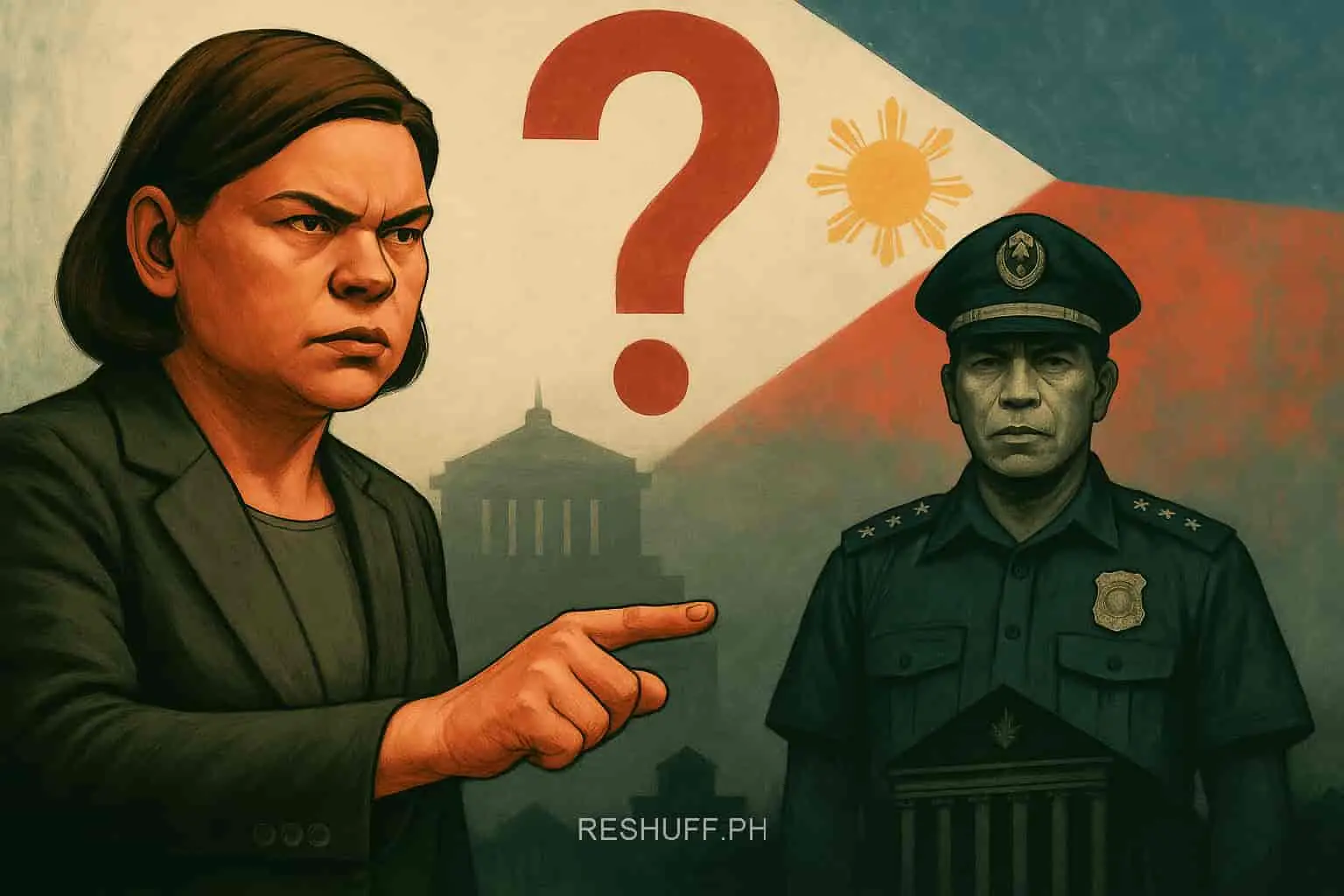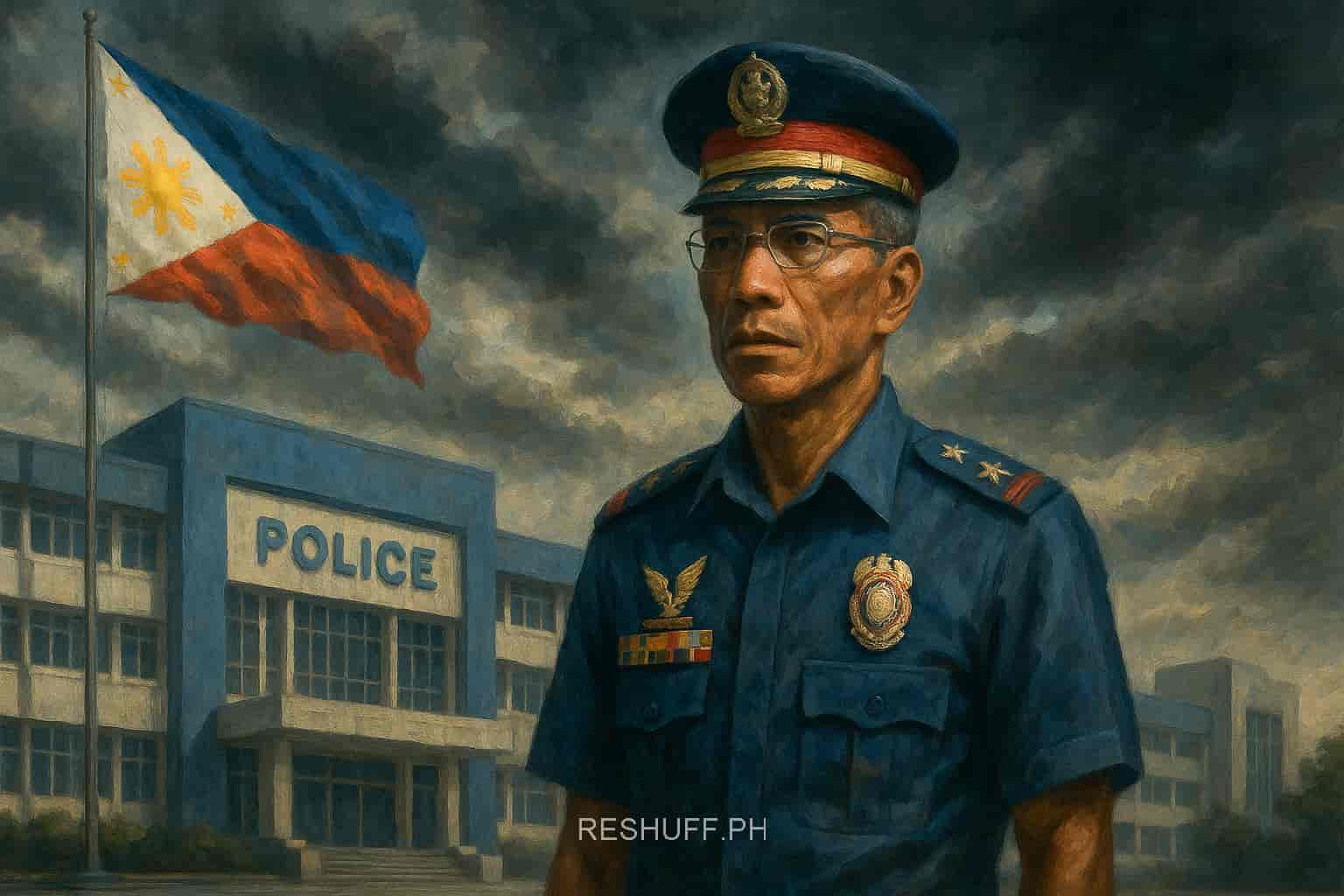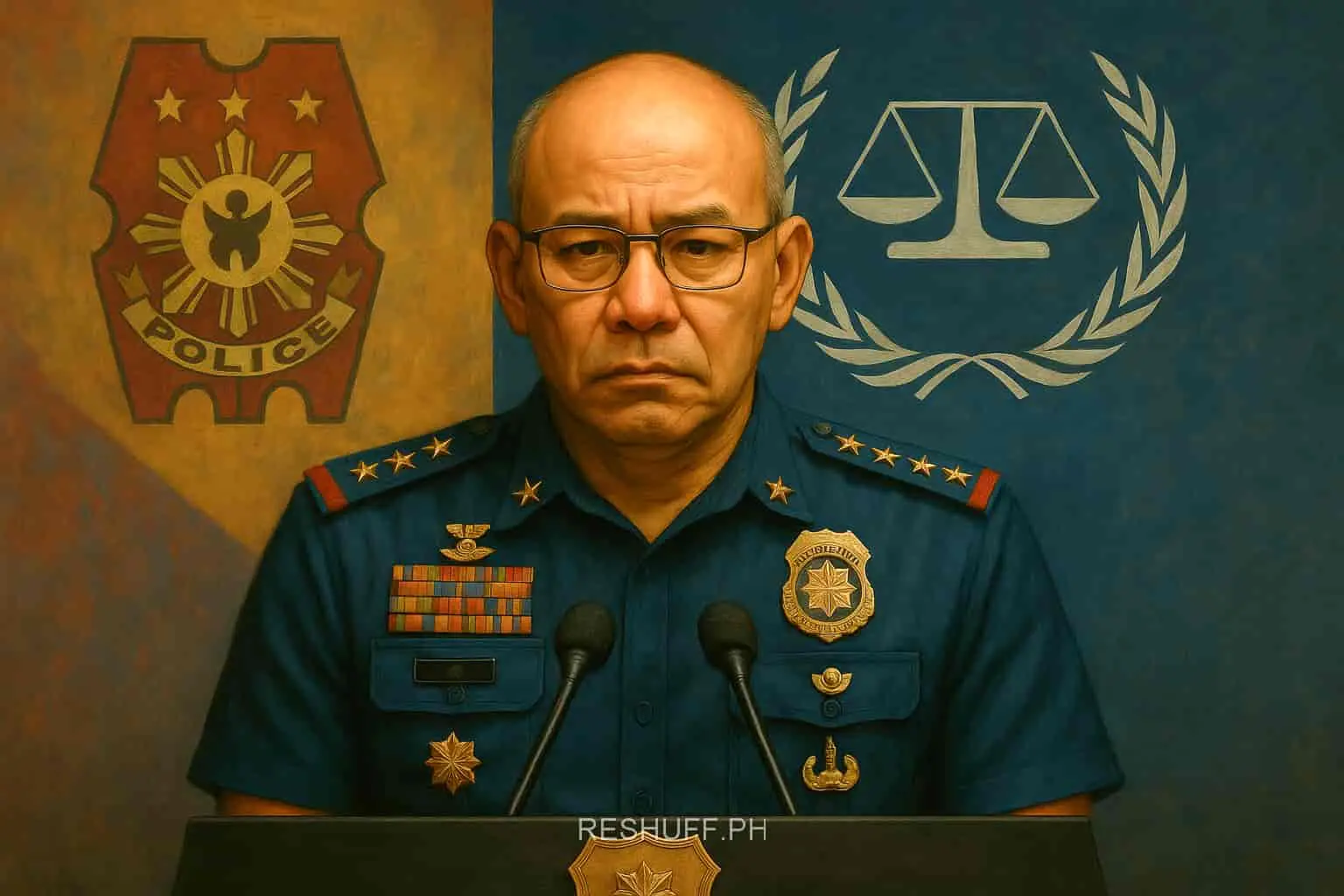In a move that could shake the foundations of international justice, former Philippine President Rodrigo Duterte’s lawyers have demanded his immediate release from the International Criminal Court (ICC). They argue the tribunal has no power to investigate the brutal drug war that left thousands dead during his presidency.
A War That Divided a Nation
The war on drugs under Duterte became a whisper of hope for some, but for many, it turned into a roar of violence. Thousands of lives were lost, and now, years later, Duterte faces an international reckoning. But his defense team isn’t backing down.
The Legal Fight
Lawyer Nicholas Kaufman, leading Duterte’s legal team, fired back at the ICC in a 38-page document. “The prosecutor has never demonstrated that the court was legally authorized to行使 jurisdiction after the Philippines’ effective withdrawal from the Rome Statute,” he said. The Philippines pulled out of the Rome Statute—the treaty that created the ICC—in 2019, after then-ICC Prosecutor Fatou Bensouda announced a preliminary examination into the drug war killings.
Duterte’s team says the ICC’s hands are tied. They point to Article 12 of the Rome Statute, which says non-member states must accept and cooperate with the court for it to have jurisdiction. Since the Philippines withdrew, they argue, the ICC can’t touch Duterte.
ICC’s Pushback
The ICC isn’t giving up easily. Current Prosecutor Karin Khan inherited the case from Bensouda, and Duterte’s lawyers say she’s fighting “tooth and nail” to keep it alive. They claim the prosecution is misusing Article 127(2), which deals with ongoing investigations after a country withdraws. Duterte’s team says this article doesn’t apply to them—it only lets the ICC’s prosecutor continue a preliminary look, not launch a full case.
“The only consequence of such a finding is that the OTP can continue its preliminary examination, but it has no bearing whatsoever on whether the court can exercise jurisdiction under Article 12,” the defense argued.
Marcos’ Mixed Signals
Adding fuel to the fire, President Ferdinand Marcos Jr. has taken a shifting stance. At first, he said the Philippines wouldn’t help the ICC, saying the country was no longer bound by the Rome Statute. But later, he hinted the government wouldn’t block ICC investigators—a move Duterte’s team might see as a betrayal.
Palace press officer Claire Castro called the defense’s submission “part of due process.” “If their defense is that the ICC does not have jurisdiction, then that’s part of due process. Let them be,” she said (Philippine News Agency). But she also made it clear: the Philippines won’t cooperate with the ICC, with or without Marcos’ written promises.
The Bigger Picture
As this legal drama unfolds, the stakes are sky-high. For Duterte, it’s about freedom. For the ICC, it’s about proving its power to hold leaders accountable, even when countries walk away. And for the families of the thousands killed in the drug war, it’s about justice—delayed but not denied.
Key Legal Arguments
Argument | Details |
|---|---|
Rome Statute Withdrawal | Philippines exited in 2019, nullifying ICC jurisdiction, per Duterte’s team. |
Article 12 | Non-member states must consent to ICC jurisdiction, which the Philippines hasn’t done. |
Article 127(2) | Only allows preliminary examinations, not full cases, after withdrawal. |
Prosecution’s Errors | ICC misused court decisions and Philippine laws, lacking a solid legal basis. |
What’s at Stake?
This case could redefine international law. If Duterte wins, it might weaken the ICC’s ability to pursue cases in non-member states. If the ICC prevails, it could set a precedent for holding leaders accountable, no matter their country’s status.
The human cost remains undeniable. The drug war’s death toll—estimated in the thousands—continues to haunt the Philippines. Families demand answers, while Duterte’s supporters argue he took necessary action against crime.
Looking Ahead
The ICC’s Pre-Trial Chamber will decide whether to accept Duterte’s challenge. Meanwhile, Marcos’ government walks a tightrope, balancing domestic politics and international pressure. Will the ICC back down, or will it push forward, risking a clash with a defiant nation?
As this legal saga continues, one thing is clear: the fight for justice in the Philippines’ drug war is far from over.
Reshuff PH
Latest News In The Philippines brought to you by Reshuff PH





5 Responses